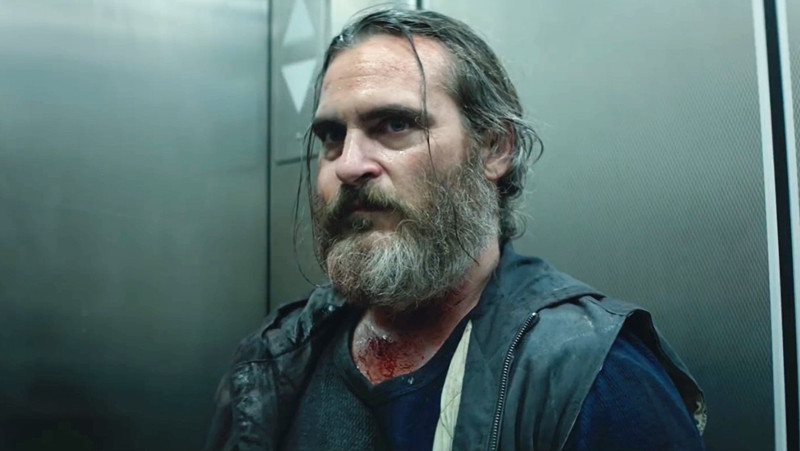
A great film score must succeed on multiple levels. Not only must the music itself be interesting and well composed, but it should suitably flow with the narrative at hand and enhance the richness of the film. The best film scores are the ones that are iconic for the music itself and their context within the story. Consider the scores of the late great Ennio Morricone; the musical riffs in The Good, The Bad, and The Ugly or Once Upon a Time in the West will instantly transfer the listener to the scenes in question.
Sometimes a great score is obvious, and sometimes it takes multiple viewings to understand why the music in a film works as well as it does. The Academy Awards often recognize great scores, but like most Oscar categories, the award for Best Score tends to play it safe. That’s not to say that any recent Best Original Score winners have been undeserving, but that some of the more experimental and interesting scores have been passed up.
Looking back at the past decade, some of the most effective pieces of film music were snubbed. Here are ten great recent scores that were snubbed for Oscars.
10. Steve Jobs – Daniel Pemberton
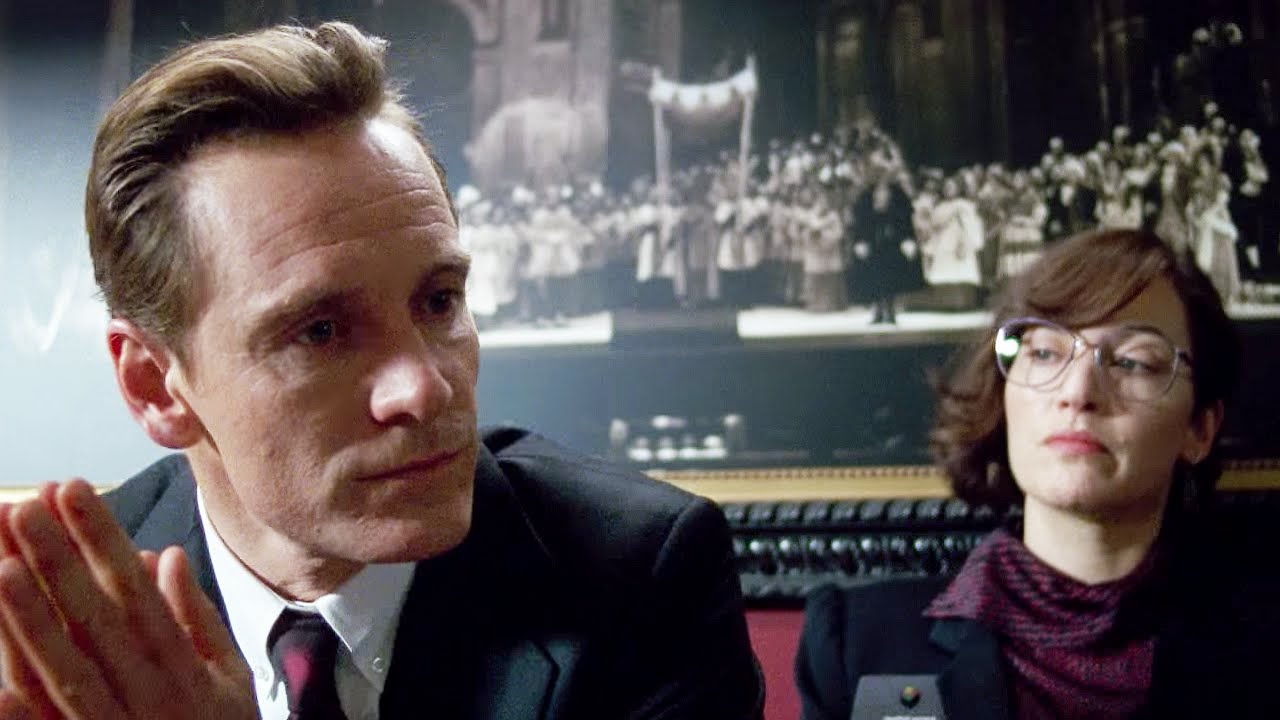
One of the most underrated scores from one of the most underrated films of the decade, Daniel Pemberton’s score for Steve Jobs combines the electric excitement of new technology with an operatic quality reflective of the film’s unique structural nature. It is remarkable that the energetic soundtrack never distracts from the briskness of Aaron Sorkin’s dialogue, and in fact enhances the rhythmic nature of the words.
Pemberton is called on to score many powerful moments, and an intercut scene of two impassioned conversations between Jobs and John Sculley (Jeff Daniels) is overwhelming in how intricate and energizing the themes are. Pemberton was able to craft three unique styles of music for the three timelines the film covers, each with their own precise voice. Steve Jobs was passed over for many accolades, but it’s snub for score is among the most disappointing.
9. Tron: Legacy – Daft Punk
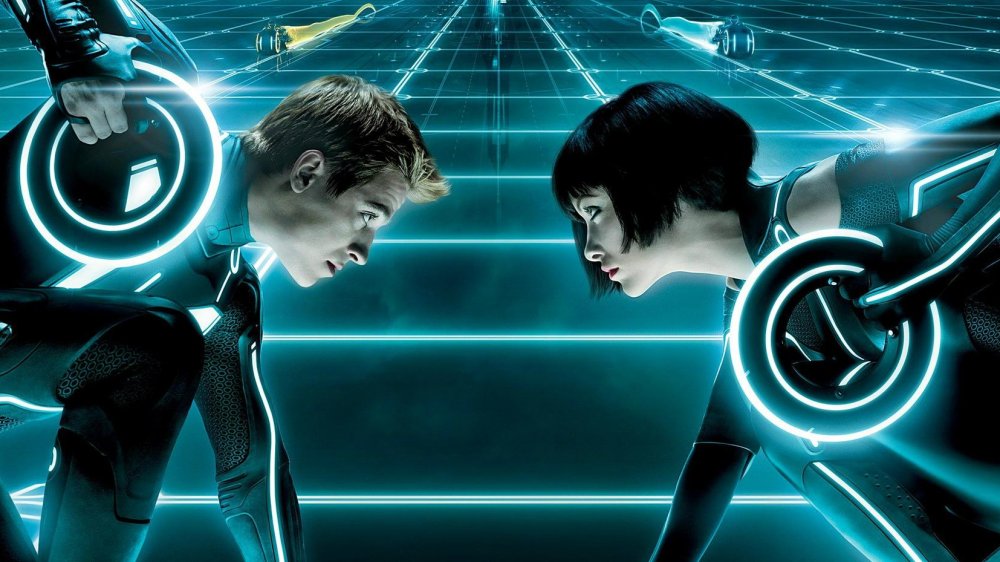
Like its predecessor, Tron: Legacy is a visual and audio marvel that features breathtaking effects, and both films have become a source of cult appreciation. Tron: Legacy is one of the most visually distinct blockbusters of the past decade, but it is best known for the incredible score from Daft Punk. Much of the Tron films revolve around the wonder of a digital world and the possibilities of futurism, and the synthesizer heavy score from Daft Punk transports the viewer straight into the heart of the grid.
Each feature within the game stands out due to the unique element of the score, and in particular Sam’s first grid battle feels as exciting as it does thanks to the accompanying themes. Bizarre characters like Castor (Michael Sheen) pop out thanks to the equally eccentric music, and the slower scenes between Sam (Garrett Hedlund) and his father (Jeff Bridges) become unexpectedly emotional. It is unfortunate that Daft Punk haven’t scored a film since, but Tron: Legacy was certainly worthy of an Oscar nomination, as it has become one of the most iconic film soundtracks in recent memory.
8. Good Time – Oneohtrix Point Never
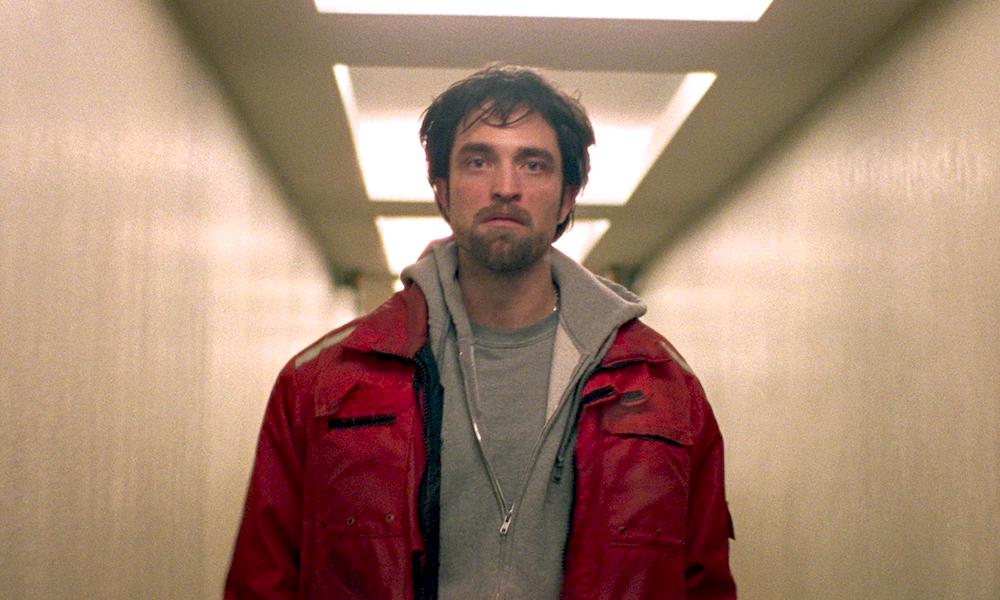
The Safdie Brothers have become some of the signature filmmakers of their generation thanks to their unique combination of hyper realism, crime fiction, philosophy, and meditative meandering, and their accompanying scores have solidified the unique ways in which they tell their stories. Good Time is a film that often plays out like a stream of consciousness, and the phenomenal soundtrack from Oneohtrix Point Never is able to sell these drastic tonal shifts and shocking events.
At the heart of the film is the relationship between Connie (Robert Pattinson) and his brother Nikas (Benny Safdie), and the score meditates on Connie’s failures as a guardian and the lengths he must go to atone for his actions. Although the score is frequently anxiety inducing in its complex movements, the recurring themes are quite somber and reflect the continued failings of Connie’s odyssey.
7. Blade Runner 2049 – Hans Zimmer and Benjamin Wallfisch
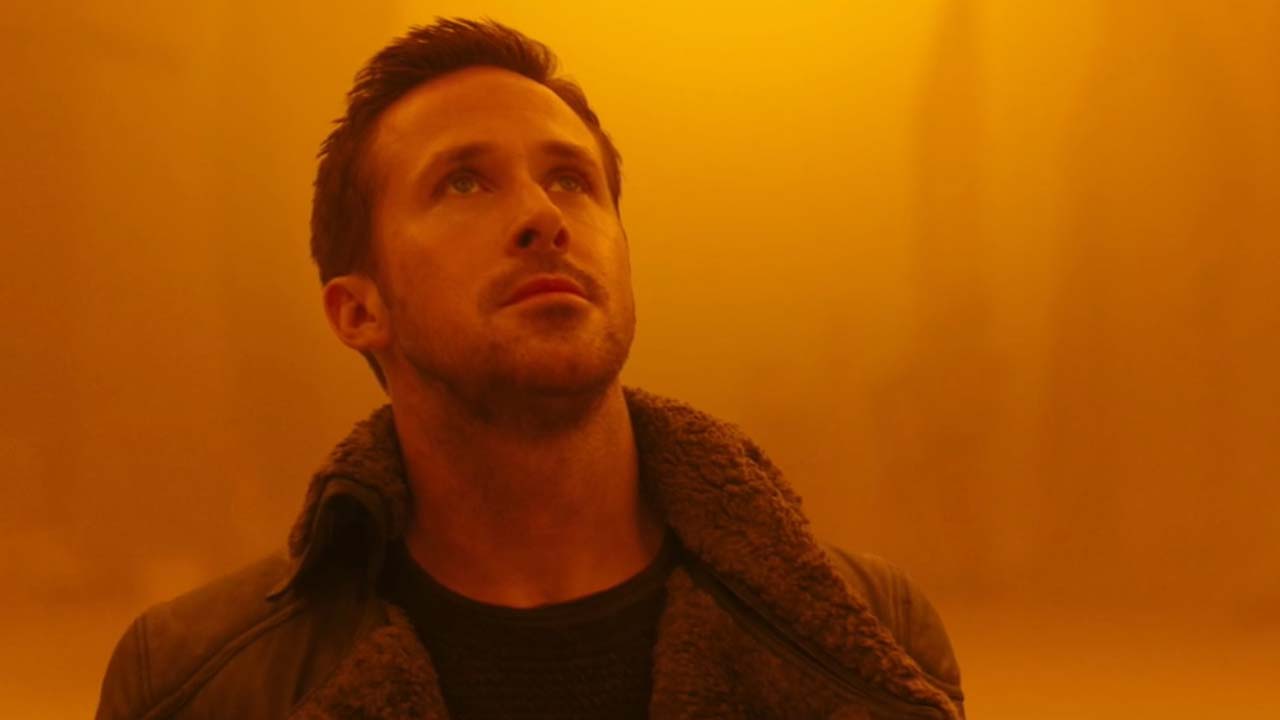
It is often hard to score sequels, as the soundtrack to a successful film must honor the music established in the predecessor while also introducing new qualities that distinguish it. This was a particular challenge in the case of Blade Runner 2049, as the Vangelis score of the 1982 original easily ranks among the best sci-fi scores of all-time. Thankfully, the score from Hans Zimmer and Benjamin Wallfisch captures the same eeriness and mystery, using the sci-fi noir genre as a means of exploring both morally dubious institutions and the overbearing power of technology.
The film’s dialogue is sparse, with oftentimes music being the only thing that gives a voice to Roger Deakins’s beautiful cinematography. Sequences like the sex scene between K and Joi or the artificial memories from Stelline are both hauntingly beautiful and fleetingly tragic thanks to the score, and while Zimmer and Wallfisch are mostly imaginative in introducing new music, they brilliantly bring back the iconic “Tear in Rain” theme to end the film perfectly.
6. Drive – Cliff Martinez

Drive was a landmark film in the way it mixed genres; while much of the plot feels like an elevated version of any number of L.A. crime fiction sagas, there is a deep romanticism and glossiness that comes from the connection between the Driver (Ryan Gosling) and Irene (Carey Mulligan). Nicholas Winding Refn has often described the film as being a “fairy tale,” and Cliff Martinez’s terrific score helps to incorporate these fantastical themes within the slick stylized nature of the action.
The Driver is often a wordless character, and the interactions he has with Irene are often felt purely through the beautiful music and cinematography; while the film is relentlessly paced, there is a lot of time spent languishing in the environments, and Martinez uses these moments to find unsung beauty. Martinez and Refn have a great working relationship that continued with Only God Forgives, The Neon Demon, and Too Old To Die Young, but it all began with the brilliance of Drive.